Diseases like high blood pressure and diabetes show no symptoms till last stages.
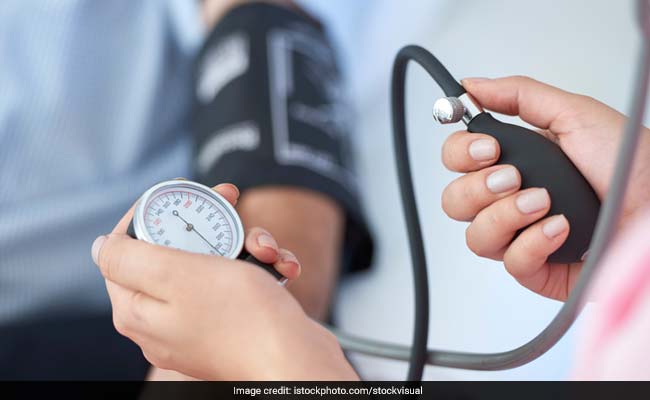
Know about the diseases which show no symptoms till last stages
HIGHLIGHTS
- Sleep apnea shows only subtle symptoms in women
- People can live for too long being unaware they have high blood pressure
- Overweight people should get their diabetes checked regularly
There are some diseases which show no signs or symptoms till the last stages of their occurrence. In case of some diseases, the symptoms might be too mild to be noticed until the disease actually hits you. These diseases include high blood pressure, diabetes, sleep apnea, glaucoma and polycystic ovarian syndrome (PCOS) to name a few. While blood pressure and diabetes are the diseases which are most common in India, incidence of PCOS too has increased tremendously in the past few years.
So let's take a look at these diseases which show no signs or symptoms till the last stages:
1. High blood pressure
Studies say that almost half of the people who suffer from high blood pressure are unaware that they are suffering from it. People can live for a long time before they know that they are suffering from high blood pressure. They ultimately end up having a heart attack, a stroke or numerous other health conditions. High blood pressure damages your blood vessels if you don't get to know about them in time.
Hence, it is important that you get your blood pressure checked every year. Machines that tell you your blood pressure are easily available in markets. If your blood pressure levels are between 120 to 129 mmHg (the upper number), it refers you have pre-hypertension. Pre-hypertension levels in the lower number range from 80 to 89 mmHg. Making a few lifestyle changes in terms of avoiding foods with high sodium content, and losing weight can help in controlling high blood pressure. If your blood pressure is higher than these numbers, you need proper medication to bring it under control.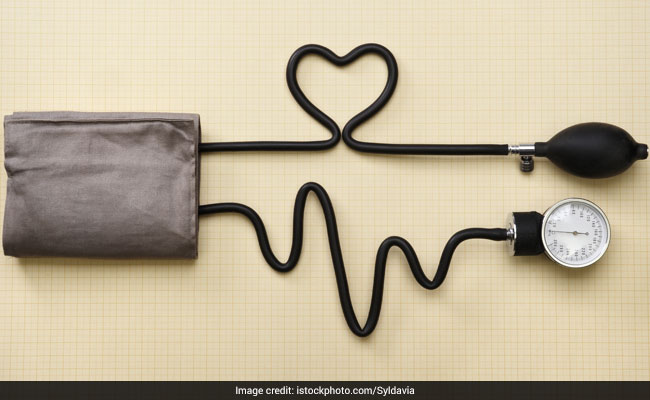
Also read: Sleep Apnea Can Cause Diabetes, Hypertension
2. Diabetes
Yes, one of the most common diseases in the country shows no symptoms until a very late stage. People tend to have abnormal levels of blood sugar for quite some time and still have no symptoms. Only very mild symptoms occur such as feeling too thirsty, having a dry mouth, blurry vision and peeing too often. Overweight people who have tan or brown raised areas in the upper back of neck or on skin folds such as armpits and groins are prone to risks of diabetes.
It is advised that you get your diabetes checked in every 3 years. People with high blood pressure and high cholesterol should get themselves diagnosed for diabetes more often.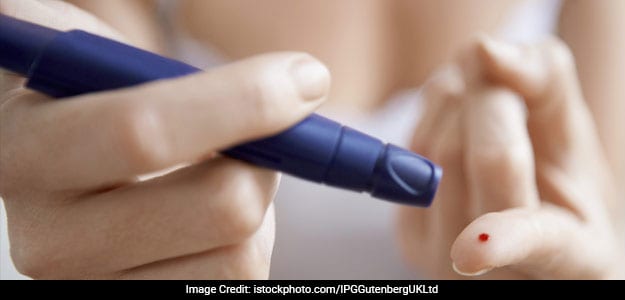
Also read: Poor Dental Health Linked To Diabetes Risk
3. Glaucoma
Glaucoma is condition in which a person loses vision because of damage to the optic nerve. A person who has glaucoma doesn't notice any vision loss until the condition is at an advanced stage. Some possible clues include tripping over steps or knocking over cups of gloss because of inability to perceive depth. Early symptoms also include experiencing difficulty in driving at night and the inability to distinguish between fine light and dark diminishes.
According to American Academy of Opthamology, everyone should get a baseline screening for glaucoma at the age of 40. Depending on personal risk factors, similar screenings should be done every 2 to 4 years. Annual check-ups are required after the age of 65.
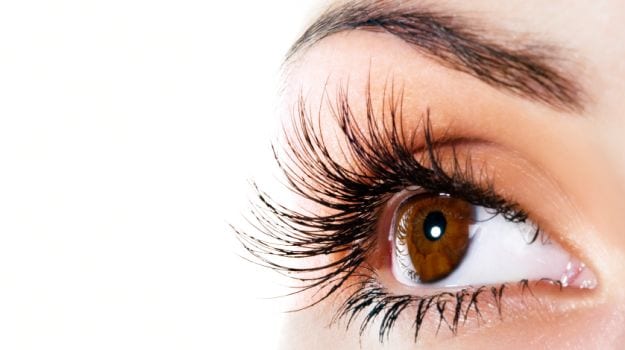
Photo Credit: iStock
4. Sleep apnea
Sleep apnea is a condition where a person experiences pulses in breathing while sleeping. Apart from overweight men, studies say that women between the ages 20 to 70 can also suffer from obstructive sleep apnea. Symptoms of sleep apnea in women are more subtle as compared to symptoms of sleep apnea in men. Common symptoms of sleep apnea are feeling too sleepy in the day, snoring, headaches in the mornings, mood swings and consistent fatigue. Another symptom of sleep apnea is insomnia. This happens when a person wakes up in the middle of the night because of disturbed breathing and fails to sleep thereafter.
If you are experiencing any of the above symptoms, do visit a doctor. A sleep medicine specialist will run a sleep study on you to check your breathing patterns while you are asleep, your heart rate and levels of oxygen in the blood. If you are diagnosed with sleep apnea, you will be prescribed a CPAP- a machine which delivers air pressure through a mask placed on your nose while you are asleep.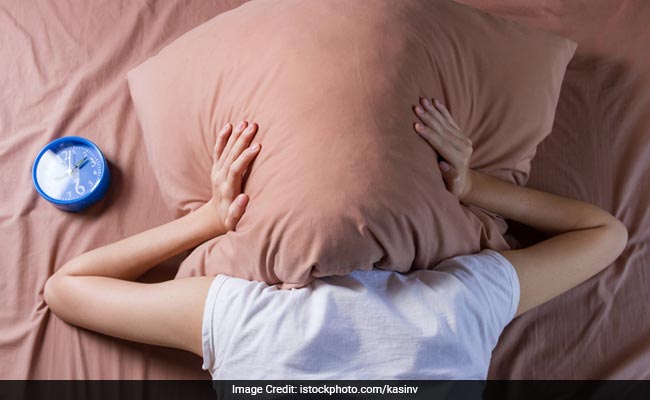
5. PCOS
10% of women at a child bearing age are affected by PCOS in the present times. PCOS is a condition in females where they produce more male hormones which interfere with ovulation. Many women are diagnosed with PCOS when they are trying to get pregnant. Facial hair and irregular periods are other common symptoms of PCOS. Thinning of hair on the scalp and body hair are also symptoms of PCOS.
Visit your gynaecologists if you experience any of these symptoms. However, a condition like PCOS can be easily controlled by living an active and healthy lifestyle and losing weight.

Also read: Ladies Beware! PCOS May Risk You With Mental Disorders
Disclaimer: This content including advice provides generic information only. It is in no way a substitute for qualified medical opinion. Always consult a specialist or your own doctor for more information. NDTV does not claim responsibility for this information.
DoctorNDTV is the one stop site for all your health needs providing the most credible health information, health news and tips with expert advice on healthy living, diet plans, informative videos etc. You can get the most relevant and accurate info you need about health problems like diabetes, cancer, pregnancy, HIV and AIDS, weight loss and many other lifestyle diseases. We have a panel of over 350 experts who help us develop content by giving their valuable inputs and bringing to us the latest in the world of healthcare.














